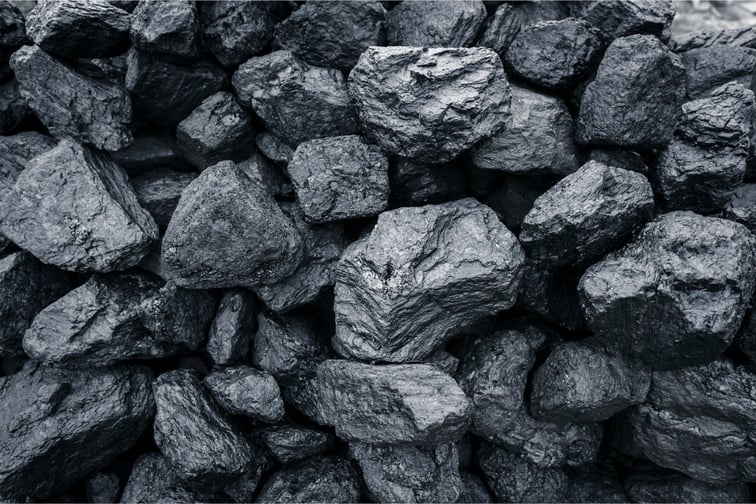

South Korea’s largest general insurers, Samsung Fire & Marine Insurance (Samsung FMI) and Hyundai Marine & Fire Insurance (Hyundai MFI), have said they do not plan to phase out existing insurance underwriting for coal.
Last year, the two insurers were among several in South Korea that said they would stop insuring new coal projects. However, the companies’ latest ESG reports, released on Friday, did not indicate that they would cancel existing coal insurance contracts. This earned criticism from Seoul-based environmental group Solutions for Our Climate (SFOC).
Coal-based energy generation produces high amounts of greenhouse gases and is considered the single largest contributor to the climate crisis, SFOC said. The United Nations Intergovernmental Panel on Climate Change has warned that new coal power projects must be cancelled, and existing plants need an accelerated retirement to restrict global warming to 2°C or below.
“Coal projects are too expensive and risky to operate without insurance. When insurers exit from coal, this forces all the risk back onto the coal companies, making business-as-usual unviable,” said Sooyoun Han, climate researcher at SFOC. “If Samsung FMI and Hyundai MFI, the largest general insurers in South Korea, can effectively pull the plug on coal, other insurers will surely follow. This will significantly speed up coal’s decline in the country.”
While new coal projects are in decline globally, over 2,400 coal-fired power plants are in operation in 79 countries, including South Korea, SFOC said. Civic groups have been calling for insurers to retract their existing insurance coverage to operating coal plants and limit underwriting for companies that rely on coal for their revenue or power production.
Samsung FMI was the largest coal insurer in South Korea for 2021, with US$13.3 billion of coverage for coal plants. Hyundai MFI was in third place with US$ 9.4 billion. The two firms combine for almost half of South Korea’s total coal underwriting.
Global insurers such as AXA and Allianz have set coal exit policies, including restricting renewals of coal contracts. Last month, major Japanese non-life insurer Sompo became the first Asian insurer to restrict insurance and investment in coal companies without transition plans by 2025. Sompo also joined the Net Zero Insurance Alliance, which includes companies that are committed to transition to a net-zero insurance portfolio by 2050 in line with the 1.5°C pathway.
“Insurance companies need to understand that the fossil fuel industry is not their friend,” Han said. “Climate-related natural disasters result in economic losses rising at 5% to 7% percent each year and insured losses at 250% in the last 30 years. Many investors now view coal policies at insurance companies as an indicator of forward-looking business management. If Samsung FMI and Hyundai MFI want to remain competitive, net-zero insurance is the only pathway.”
